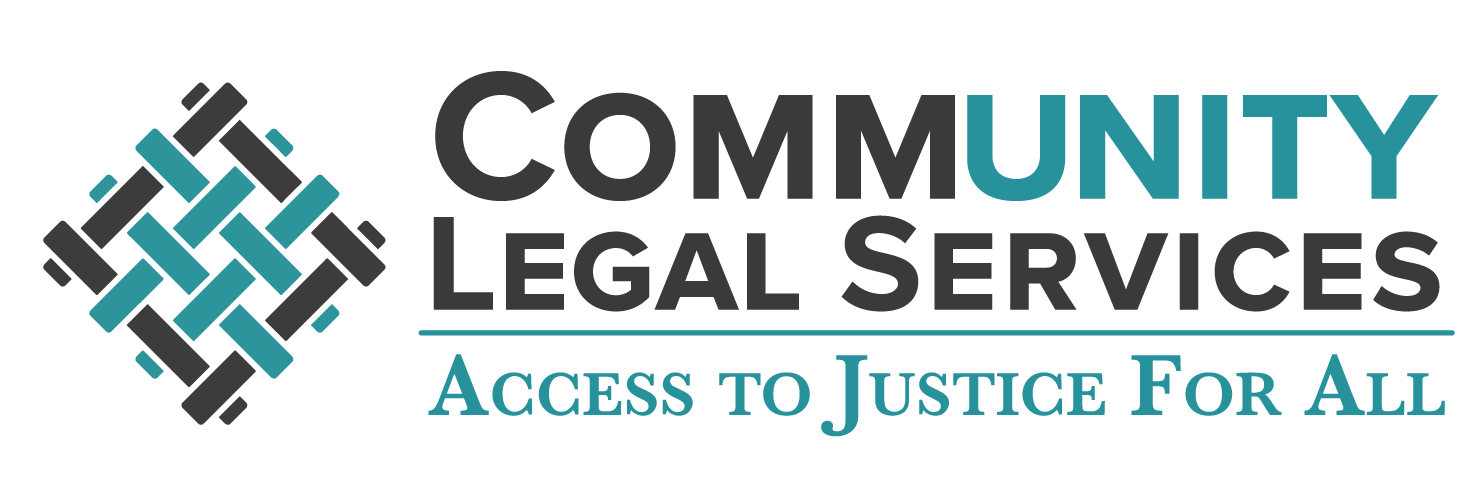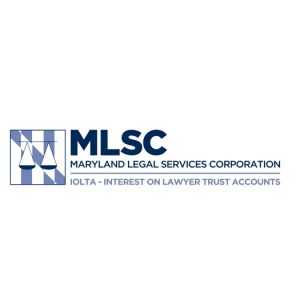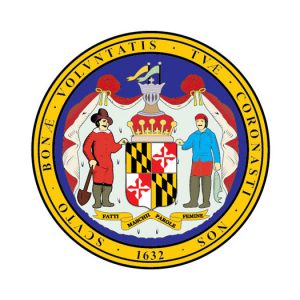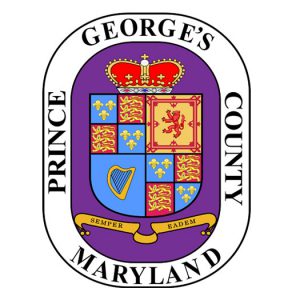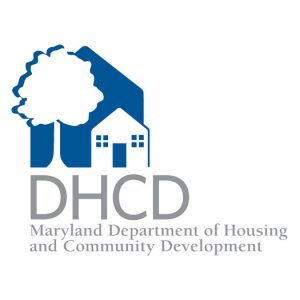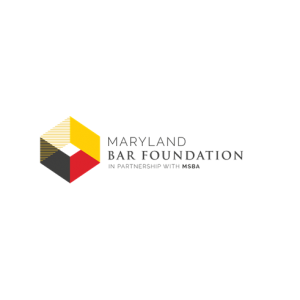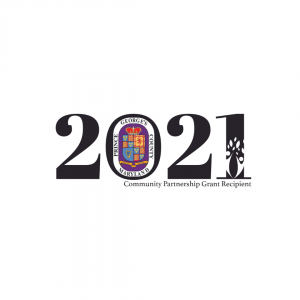By Nora C. Eidelman, Deputy Director
I am writing this piece while attending the 2018 Equal Justice Conference (EJC) in San Diego, California, May 10-12, 2018. The EJC is co-sponsored by the American Bar Association Standing Committee on Pro Bono and Public Service and the National Legal Association & Defender Association. The agenda is full of catchy titles for the workshops that are being offered at the conference this year such as We Cannot Grow Enough Zucchini: Why Hunger in America Demands Lawyers Respond, The Disaster is Gone – So Are My Volunteers!, How to Integrate Cultural Competency When You Have How Long?! The one that caught my attention the most and I attended was New York City’s Groundbreaking New Right to Counsel in Evictions: A Critical Piece in the Struggle for Housing Justice. On August 11, 2017, The Right to Counsel Bill was signed into law in New York City, thereby becoming the first jurisdiction the United States to provide universal access to representation for low-income tenants in eviction matters. The protection is for tenants living below 200 percent of the federal poverty level and facing eviction. The panel of presenters made several points including that the Right to Counsel prevents the epidemic of homelessness in the future; evictions do not only affect the tenant but it affects families. Tenants are mothers, fathers, daughters, sons, and grandparents. Keeping people in their home and preventing the trauma of homelessness for each member of the family, the enormous shelter costs to the government, and long-term results of homelessness on society. Evictions predominantly affect minorities and women; evictions are not about rent, they are about power and the financial power to hire an attorney. Earlier today, I had the honor to speak with Andrew Scherer, Adjunct Professor and Policy Director for the Impact Center for Public Interest Law at New York School of Law. He was one of the leading advocates working for decades on the “right to counsel” for low income tenants facing eviction, writing numerous articles on the subject. He stated that while New York has good tenant protection laws, the process is very complex and “it is nearly impossible for people without law degrees and financial resources to navigate an eviction proceeding…rendering low income people homeless.” He stated that he has been a lawyer for almost 40 years and “to the extent I’ve had a role in this very collaborative effort, it is the greatest achievement of my career.” I will closely follow the outcomes in New York City as this interesting civil representation pilot begins.
Mark your calendars for
Family Law in Maryland: Your Essential Toolkit Kick Off Party
June 5, from 6:00 pm to 8:00 pm.
Back by popular demand, and under the leadership of Nakia Gray, Esq., CLS is restarting its mentorship program for CLS volunteer attorneys. The party will be held at Gray Legal, P.C., 9701 Apollo Drive, Largo, MD 20770. Refreshments will be served. To RSVP or additional information, please contact Jessica Quincosa at quincosa@clspgc.org
CLS Success Story
Client was a single mother who had been forced to quit her job during a difficult pregnancy because she ran out of leave. She came to our office 8 months pregnant and in complete despair trying to save her home. Our staff attorney counseled her on the process, the timeline, the points at which, once she was healthy and had safely delivered, she would be able to act. During the consultation as a multi-strategy plan was set up (a savings plan, a job plan, a modification plan, a Circuit Court plan and a Bankruptcy plan) to hedge the outcome. She worked closely with staff of CLS and was placed with a volunteer attorney for her foreclosure mediation. During that time, she safely delivered her baby and was able to return to work. The time that had been managed and negotiated allowed her to be ability to demonstrate the income necessary to modify her loan and keep her home. Our client is raising her newborn son in her home with a sustainable mortgage for years to come.
FUNDING AVAILABLE FOR REPRESENTATION IN FORECLOSURE PREVENTION
CLS has funding for attorneys representing clients in Prince George’s County in foreclosure prevention cases. CLS has expanded our Foreclosure Prevention project to provide paid hours to attorneys accepting cases for representation in foreclosure defense cases, post-foreclosure motions for Surplus, tenants in foreclosures, as well foreclosure mediation. In foreclosure prevention cases, the funding provides attorneys $80.00 an hour up for to thirty hours of representation. Funds include representation at judicial proceedings, mediation preparation, representation at mediation, and negotiations. Additionally, funding is available for bankruptcy chapter 7, and other legal actions that may help the client save his home. If you are interested in being added to our foreclosure volunteer attorney pool or require additional information, please contact Michael Udejiofor at 240-391-6532, ext. 1 or udejiofor@clspgc.org. Training, mentoring, malpractice insurance is provided. Funding is available from a generous grant provided by Maryland Legal Services Corporation (MLSC).
CIVIL CASES AVAILABLE FOR ATTORNEYS AND OTHER VOLUNTEER OPPORTUNITIES
Through our Lawyer Referral Program, we refer income eligible clients to attorneys for representation in their domestic cases. Judicare funding pays the attorneys’ fees. Attorneys receive $80.00 per hour for the first 20 hours/$1,600.00 per case. The next 5 hours on a case, will count as pro bono hours. After the five pro bono hours, CLS may pay for up to an additional 15 hours at the rate of $80.00 per hour from Judicare Supplemental Funds, until funds are depleted. Maryland Legal Services Corporation (MLSC) provides the funding for our Judicare program. For more information about MSLC and the Judicare program, please visit https://www.mlsc.org/
CLS’s domestic violence program places protective order and peace order petitioners and respondents with attorneys. Limited funding is available for attorneys providing representation in these cases.
CLS encourages attorneys to take pro bono cases. CLS has requests for landlord/tenant cases, wills, and other civil cases. CLS can place cases with attorneys based on the attorney’s preferred case type.
CLS also has volunteer opportunities at our Brief Advice clinics. Expand and grow your practice by volunteering around your schedule.
CLS clients have limited means but have real legal issues that require representation. Help CLS bridge the Access to Justice Gap by taking Judicare or Pro bono cases. CLS provides our volunteer attorneys training, mentoring, access to a litigation fund, monthly practitioner’s clinics, and malpractice insurance. To learn more about our opportunities, please contact Nora C. Eidelman, at 240-391-6532, ext. 5.
Community Legal Services of Prince George’s County, Inc. (CLS) is a non-profit organization established to provide quality civil legal services to low-income residents of Prince George’s County. CLS provides direct legal services through the generous contributions by members of the private bar. Additionally, CLS operates free Brief Advice Clinics throughout the County, including in the Prince George’s County Circuit Court, Room 2435 M, the Prince George’s County Multi-Services Center in Langley Park and in Suitland’s Windsor Crossings Apartments. For referrals of low-income residents of Prince George’s County to CLS programs, our hotline is 240-391-6370. Intake is Tuesday, Thursday and Friday from 9:30 am to 12:30 pm., online applications are available at www.clspgc.org. For more information about our services, please contact Nora C. Eidelman, at 240-391-6532, ext. 5.
